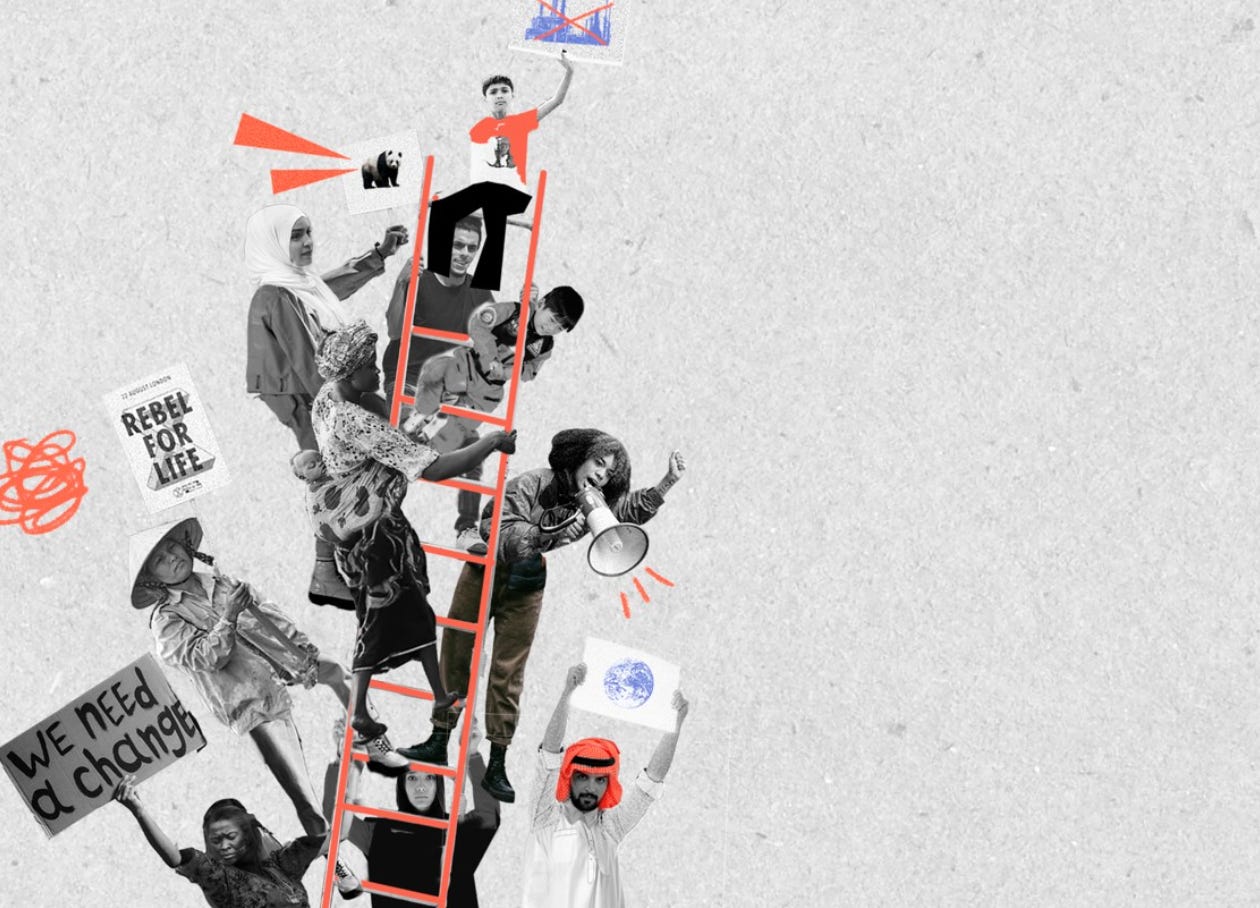Material #30: Drilling and digging on the rise
Keeping a critical perspective on critical minerals extraction

In a previous post I honed in on the human and environmental implications of the soaring demand for copper, for use in renewable energy and electrification in the response to climate change.
As demand for copper and other critical minerals such as lithium, nickel, cobalt and rare earth metals continues to rise, the UN has assembled a panel to try to guide their extraction in a way that does more good than harm for people in the source countries.
I was glad to see that in their recommendations to that panel, the 230 organizations in the Publish What You Pay network begin with “reduce demand equitably”. Often, the projections of dramatically increasing demand for minerals to address the need for clean energy sources are shared un-critically. The PWYP network includes Indigenous Peoples groups, unions and labor activists, and organizations working on climate, environmental justice and human rights.
Their points include:
“Governments, especially in developed countries, should reduce energy and material use…to reduce overconsumption of transition minerals and enable equitable, efficient, and sufficient energy for all…
…When measuring GHG emissions to inform decision-making, governments should ensure the whole lifecycle of goods consumed in their countries is taken into account, and not only their end uses…
…Governments, especially in developed countries, should reduce mineral demand from the transportation sector through policies enabling systemic shifts towards deployment of electrified public transit and removal of barriers to access public transit…
They also provide recommendations on urban planning, and on circular design, before honing in on the recommendations to minimize harm and generate locally-experienced benefits - economic and otherwise - in places where critical mineral extraction is on the rise.
Meanwhile, new data has found that governments including the US, UK, Norway, Australia, Russia and Saudi Arabia are rapidly expanding licenses for new oil and gas extraction, with the oil and gas industry continuing to invest big in lobbying. Clear-eyed accountability for the gap between the transition that’s needed and what’s actually happening is the order of the day, together with addressing not only the sources of energy but also inequity in patterns of energy use and demand.
**************
Through 2024, It’s Material is sharing one use of the word “material” each week, on Tuesdays (sometimes Wednesdays!).


